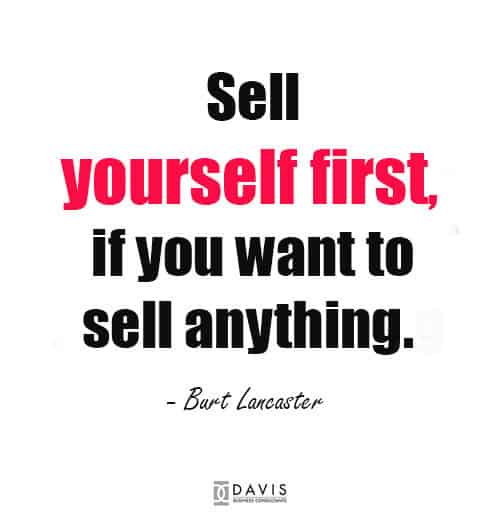As an executive coach and business mentor, I have worked with business owners and managers across various industries. In our discussions about strategies and marketing tools for growth, the elevator pitch often comes up.
Clients often ask me whether their pitch is right or wrong and how to make it sound better. Hence the article you are reading now.
A lot of people confuse an elevator pitch with a sales pitch so let me start by saying that these are two different things. An elevator pitch is meant to be brief. It’s your response to questions like “What do you do?” or “What business are you in?” when meeting someone, such as a potential client or a job candidate, in an elevator.
That could be any place else – a networking event, a conference, or even on the street. You only have a limited time, usually 20–30 seconds, to convey your message. Make an impression that could lead to further opportunities. A sales pitch, on the other hand, is an extended version of the elevator pitch that lasts up to 2 minutes and can go into the benefits of what you offer more extensively.
Here are a few tips for your elevator pitch that would hopefully help you nail it down.
It should be about your audience
People often focus too much on their products or services. They forget the key question the audience cares about: What’s in it for me? Remember, the pitch is about you but not for you. It is for the audience, and time is limited. Don’t waste it discussing product features or service details.
Talk about the benefits of what you offer, and what makes you stand out. Your pitch should answer the question Why is what you offer any good. If you manage to answer this question, your audience might be able to identify their own needs in what you are saying.
It should be customised
Always remember who you are standing in front of. When talking to a potential investor, emphasize your company’s performance over the benefits of your offering. For a client, focus on the benefits of your offering instead. In other words, make sure your message is customised to whatever your audience would care about.
It should be memorable

Your impact starts with clarity. Lead with your strengths, impress with results, and make every second count.
Leave the fluff out; you don’t have time for that. Make sure you make it very clear what you do and how you can help but also try to incorporate a memorable fact if you can. Just a sentence or two where you mention a high-profile customer of yours, a large project you are working on, a patent that you have, or anything else that you think would impress them.
It should provoke action
Remember, you are doing this pitch for a reason. You are trying to achieve something. Don’t shy away from inviting people to take action, i.e. if you are talking to an investor do mention how much money you need; if you are talking at a conference to a room of potential clients, invite them to walk up to you, set up a meeting or ask a question. Leave that bit for the end as this is what people tend to remember the most.
It should sound natural
There’s nothing worse than a pitch that sounds like a pre-recorded program. Once you’ve come up with a pitch that has all the elements: a brief description of what you do, the benefits of it, a memorable fact, and a Call to Action, practice, practice, practice. And never repeat the same words. Remember, you never know who you might need to give the pitch to so you can’t learn it by heart as you will need to customise it. You should know all the elements that need to be mentioned but it should sound natural, at a normal pace, and in your own words, customised for who you are talking to.
An elevator pitch needs to be short and informative but most importantly, it needs to be memorable. Always keep in mind that it is not just about what you are saying but how you are saying it. Years ago the American actor Burt Lancaster said:
“Sell yourself first, if you want to sell anything”.
This is true in many aspects of life but couldn’t be more true when it comes to business. Whether you are pitching to an investor, talking to a potential client, or hoping to hire somebody, your body language often tells more than your words and people pick up on those signals subconsciously (this is scientifically proven).
Are you smiling enough? Or are you standing up straight? Are you looking them in the eye? Make sure you do. A smile makes people open up, your posture conveys confidence, and eye contact is perceived as being genuine. Once people feel coyournnected and like you, they are much more open to actually hearing what you have to say and responding to your words.

